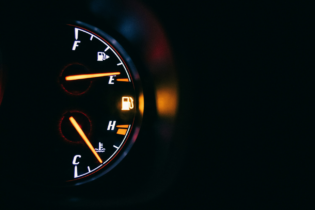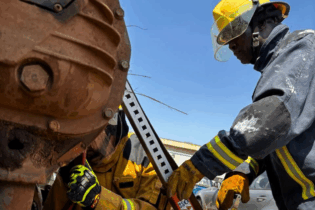The 2014 fuel price has bucked the historical trend and that the overall increase for the financial year will only be 10%. This is according to a review of fuel prices over the past few months by Eqstra Fleet Management which states that over the past five years, there has been an increase in the price of fuel of more than 14% year on year.
Murray Price, managing director of Eqstra Fleet Management, told TWA, “In 2014 we saw the fuel price increase to over R14 per litre, with the highest cost of R14.39 (Unleaded 95 – Reef) in April this year. However, as of 5 November the price of fuel will be down to R13.16 for unleaded 95 on the Reef while the wholesale price of diesel is R12.31.This is nearly 9% lower than the April high. This recent reduction in the fuel prices is largely attributed to the reduction in global crude oil prices, which have dropped from $115 per barrel in April to $86 per barrel currently – this being the lowest cost for four years.” However, he adds, “This reduction is fuelling speculation that OPEC will reduce output significantly to artificially increase the price because the production of crude oil is only feasible if a minimum price of $80 – $90 per barrel is achieved.”One of the key elements of pricing however remains the strength of the Rand, with forecasts for the South African Rand showing a continuing weakening again the US$. The average South African Rand/US$ conversion rate over the last 12 months was 10.50. The current exchange rate as of 4 November is at 11.08. This is significantly higher than the average rate over the last ten years of 7.85. The correlation between the Rand and the Fuel prices is far more evident when considering the last five years pricing, where fuel prices increased on average 14% per year while the rand weakened on average 10% year on year against the US$ .
Price states, “Based on the information available to us at present, we would strongly recommend that fleet managers budget for a 12-13% increase in fuel for 2015.” Concluding, “Given that fuel now accounts for between 42% and 48% of overall fleet expenditure, it emphasises the importance of better management of driver behaviour and better choice of vehicles.”






